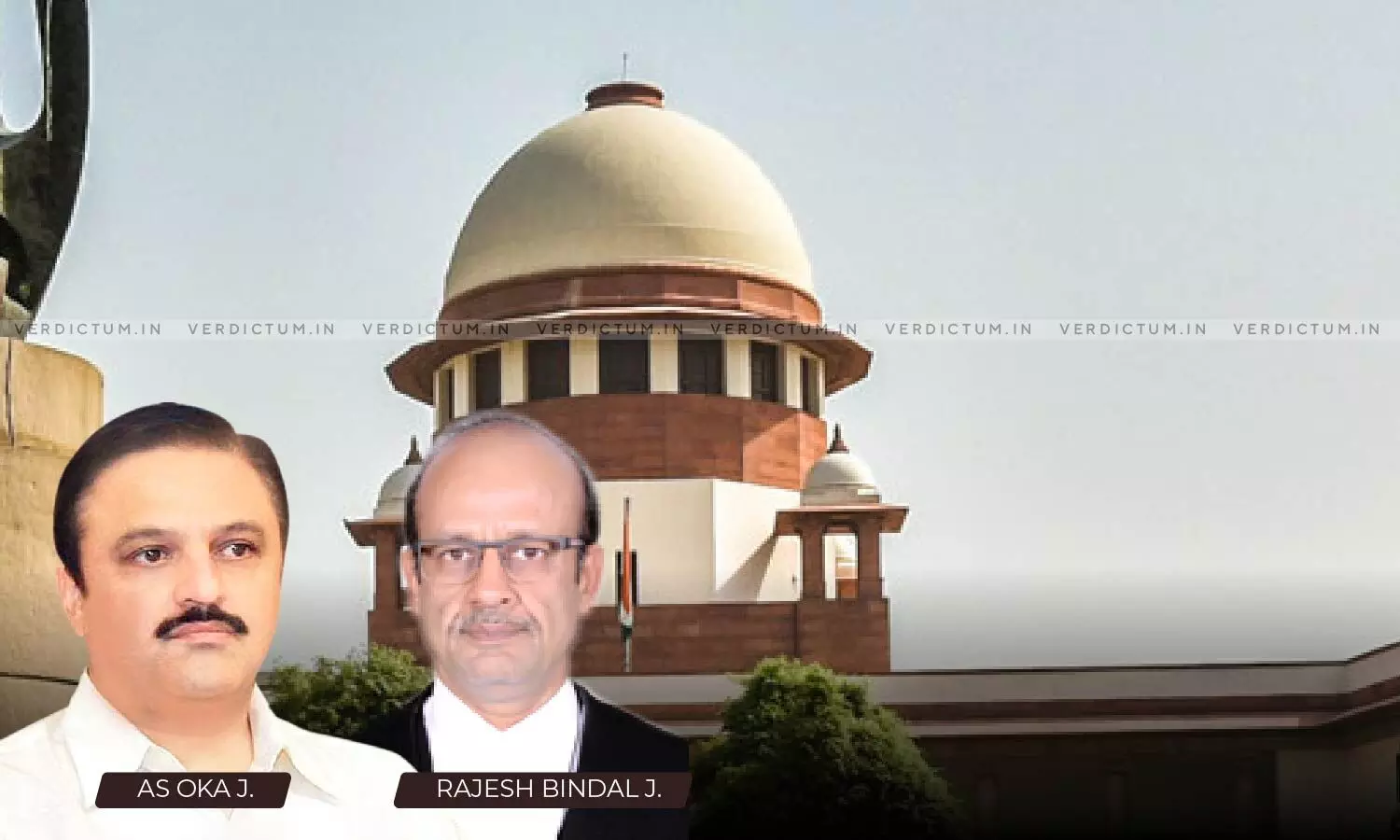
No Circumstantial Evidence To Prove Demand: SC Acquits Man Who Was Convicted Of Taking ₹300 Bribe In 2003
 |
|The Supreme Court has recently acquitted a man who was convicted of taking a bribe of Rs. 300/- in the year 2003 on the ground that there was no circumstantial evidence to prove the demand.
The two-Judge Bench of Justice Abhay S. Oka and Justice Rajesh Bindal held, “It is not the case in which the demand was reiterated when the money was allegedly paid to him. Gurjinder Singh (PW-8) is only a witness who stated that he had recovered the money from the appellant. The High Court has passed its judgment on the assumption that the money having been recovered from the appellant, there was demand of illegal gratification. This is not a case where there was circumstantial evidence to prove the demand.”
The Bench said that the complainant as well as the shadow witness have turned hostile and the Trial Court had specifically held that there is no evidence produced on record to prove the demand of illegal gratification.
Advocate Gagan Gupta appeared for the appellant while Advocate Abhinav Bajaj appeared for the respondent.
In this case, the appellant was working as a cleaner in an office. A demand of Rs. 500/- was made as illegal gratification and the appellant accepted a sum of Rs. 300/- for supplying a copy of the death certificate of a deceased person.
The appellant had challenged his conviction under the Prevention of Corruption Act, 1988. He was convicted by the Trial Court and his conviction was upheld by the Punjab and Haryana High Court.
The Supreme Court in view of the facts and circumstances of the case asserted, “If the evidence produced on record by the prosecution is examined in the light of the law laid down by the Constitution Bench in Neeraj Dutta v. State (Govt. of N.C.T. of Delhi) (supra), the conviction and sentence of the appellant cannot be legally sustained.”
Accordingly, the Court allowed the appeal, set aside the order of the High Court, and acquitted the appellant.
Cause Title- Jagtar Singh v. State of Punjab